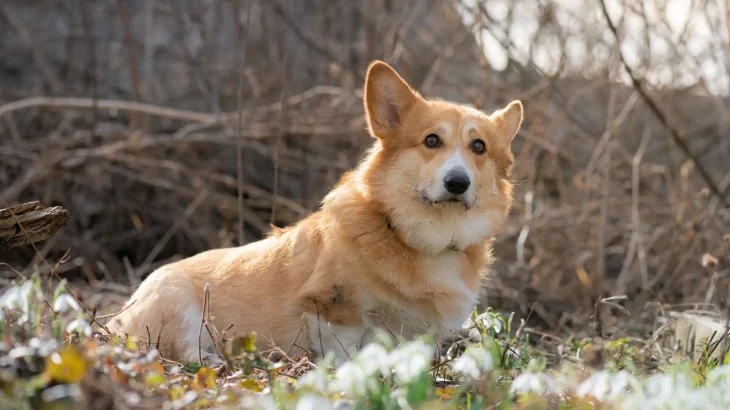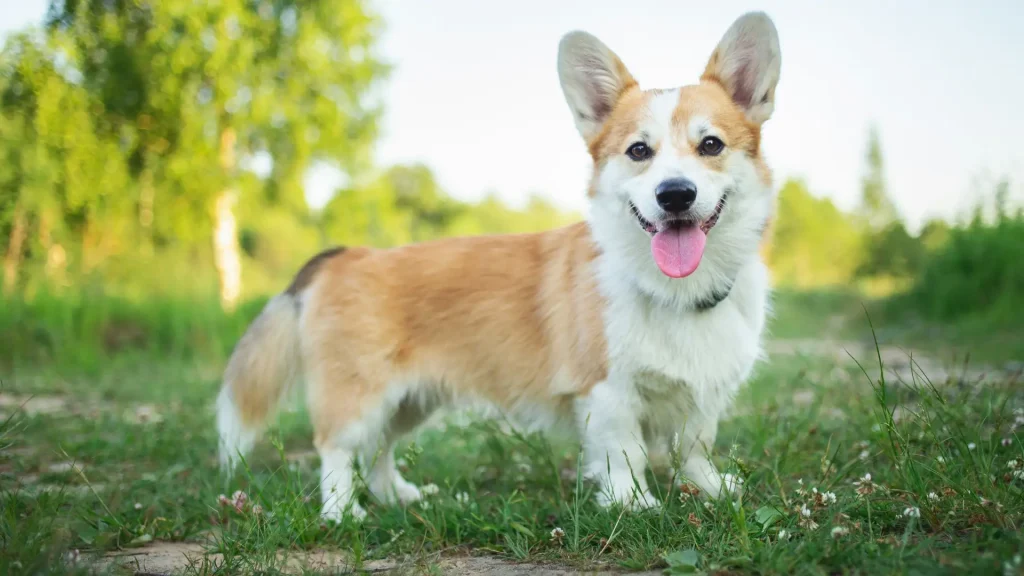Deciding whether to adopt or purchase a Welsh Corgi puppy involves weighing factors like cost, health transparency, and ethics. Purchasing from a breeder often provides detailed lineage and health history, while adoption offers the rewarding chance to give a home to a dog in need, sometimes with limited age or pedigree options.
| Criteria | Buying from Breeder | Adopting from Shelter/Rescue |
|---|---|---|
| Cost | Higher upfront cost, typically $1,000 to $3,500 due to purebred status. | Lower adoption fees, often $50-$300, usually including vaccinations and spay/neuter. |
| Health History | Comprehensive health records and genetic screening provided. | Health history may be incomplete; basic vet checks and vaccinations generally done. |
| Age Availability | Mostly puppies available, allowing you to raise them young. | Varied ages, including puppies, adults, or seniors; less guarantee of puppies. |
| Temperament Insight | Breeders can share lineage temperament traits and socialization info. | Known behaviors from shelter staff; full background often unknown. |
| Supporting Practices | Supports responsible breeding if choosing ethical breeders. | Promotes animal welfare by rescuing dogs in need and reducing shelter populations. |
| Breed Purity & Pedigree | Guaranteed pedigree and breed purity backed by documentation. | Breed purity may be uncertain; mixes possible, but often with Corgi traits. |



















































